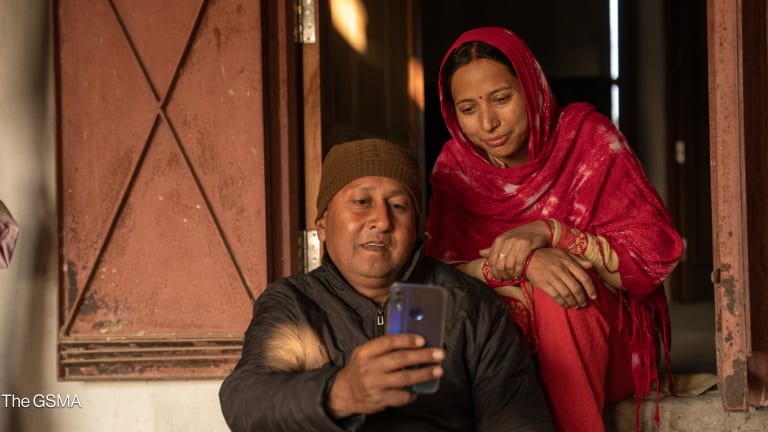
Today, 3700 people will die on the world’s roads. The same will happen tomorrow, and in all the days this year.
According to a new report by the World Health Organization, many who die will be children and young adults. For people aged 5-29 years, there is no greater threat to their lives than a road traffic crash.
The report, titled “Global status report on road safety 2018” also indicates that many who die will be from disadvantaged backgrounds. In fact, a person in a low-income country is three times more likely to die of a road traffic collision than a person in a high-income country. While low-income countries have 1 percent of the world’s vehicles, they constitute 13 percent of the world’s traffic-related deaths.
Road traffic deaths rates are highest in Africa and South-East Asia.
Globally, more than half of victims of fatal crashes are pedestrians, cyclists, and motorcyclists. In other words, they are people who are not traveling in cars. Most would not even be able to afford one.
Yet most transportation systems around the world have been designed for motor vehicles. The price we have paid for this is unacceptably high.
It is time for governments to muster the necessary political will and adopt a whole-of-government approach across many sectors to prevent these tragedies and prioritize safer and healthier transportation.
Ignorance about what to do is no excuse because strategies are known and have been proven to prevent road traffic deaths and injuries in many countries.
Solutions include better legislation around risks such as speeding and failing to use seat belts; safer road infrastructure such as sidewalks and dedicated lanes for cyclists and motorcyclists; improved vehicle standards, such as those that mandate electronic stability control and advanced braking; and enhanced emergency care services.
According to the new WHO report, while these measures have contributed to reductions in road traffic deaths in recent years in 48 middle- and high-income countries, the situation is getting worse in 104 countries. Not a single low-income country has demonstrated a reduction in overall deaths.
Safer roads will not only prevent injury, they will also allow for more walking and cycling. This would in turn help to prevent some of the leading causes of death and disability, including heart and lung diseases, cancer, diabetes and depression.
In terms of the Sustainable Development Goals, which governments agreed upon in 2015, ensuring safety on the roads will facilitate achievement not only of the targets linked to road safety, but also to those associated with health, environment, education and employment, among others.
They are all predicated on people worldwide being able to move around safely.
Safe roads will also ensure the livability and sustainability of our cities, where more than half of the world’s people currently live.
It is at both national and municipal levels that drastic action is needed to reverse current trends, achieve the targets we have set for ourselves, and save millions of lives.
In the few moments you have been reading this, another 10 of the total 1.35 million annual road traffic deaths will have occurred, shattering lives forever.
It is time to put an end to this man-made disaster.









